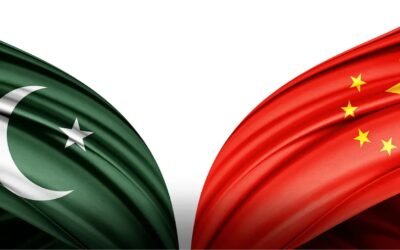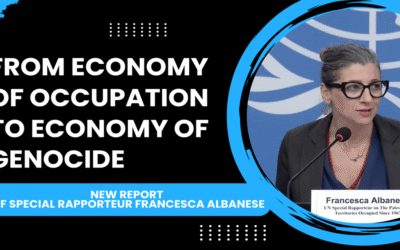State‑owned enterprises (SOEs) have long formed a backbone of Pakistan’s public sector, delivering essential services—power, transport, infrastructure, logistics. But once the cornerstone to Pakistan’s development, the SOEs’ fate has changed over the decades.
Plagued by inefficiencies, financial mismanagement, legacy debts, political hirings, governance deficits, and political interference, many have become persistent fiscal burdens. In the five years to FY23 alone, SOEs reported staggering losses: Rs905 billion, with cumulative losses rising to nearly Rs5.9 trillion by the end‑2024.
 Power distribution companies (DISCOs) and institutions like the National Highway Authority, Pakistan International Airlines (PIA), Pakistan Railways, and Pakistan Steel have been among the top loss‑makers.
Power distribution companies (DISCOs) and institutions like the National Highway Authority, Pakistan International Airlines (PIA), Pakistan Railways, and Pakistan Steel have been among the top loss‑makers.
These losses take a heavy toll on the national exchequer and the country’s fiscal space in general. The government injected over Rs1.5 trillion in SOE subsidies, grants, and equity in FY24—about 10% of the federal budget. Debt amassed on SOE balance sheets now exceeds Rs32 trillion, with liabilities nearing Rs9 trillion—close to the annual tax revenue.
The fiscal drag also increases interest payments, crowds out development spending, raises borrowing costs, and stifles private-sector investment.
Yet, rays of hope are emerging. Partially privatized enterprises like K-Electric have improved performance and profitability.
And the revival of PIA is perhaps the most symbolic: shedding Rs2.5 billion in legacy debt, it returned to operating profitability in FY24—its first positive year in 21 years. The government received expressions of interest from five bidders—industrial consortia—aiming for full divestment and debt assumption, making the privatisation efforts fruitful.
The current government has demonstrated stronger political will than before. In May 2024, Prime Minister Shehbaz Sharif unveiled a wider privatization plan covering all non-strategic SOEs. By FY25, officials aimed to generate Rs86 billion through PIA and other sales, while also pushing Roosevelt Hotel, power firms, and ZTBL toward divestment.
Reform progress is also visible. The 2023 SOE Governance & Operations Act sought to separate ownership from regulation—an IMF-recommended step. The State Bank and finance ministry grounds reform discussions in greater corporate governance, transparency, and accountability.
Despite mixed past reforms, today’s push appears more coherent. Phased privatization is underway: PIA’s stalled sale attempts have evolved into full offers with debt relief; Disco privatization and proposals for power-generation and logistics SOEs are being advanced.
Privatization brings several potential gains. Private sector-led SOEs tend to operate more efficiently, explore new investment, and respond to market demands. Reduced subsidies ease fiscal pressure, freeing resources for development and social priorities. Divestment can unlock capital locked in underutilized assets, while governance reforms improve credibility with investors. IMF and World Bank support further strengthens reform momentum.
Challenges remain. Some critics point to insufficient structural reforms and lack of complete governance transformation. Workers’ displacement, valuation disputes, and resistance to change may stall progress. Past failed privatizations show that political will must match execution capacity.
Still, Pakistan appears past mere rhetorical commitment. With targeted reforms, phased transactions, and economic discipline, privatization is gradually transforming the SOE landscape. The turnaround of PIA, improved power sector performance, and renewed investor interest suggest a brighter trajectory.
If sustained, this course could revitalize flagging SOEs, reduce fiscal burdens, and unlock growth. For Pakistan’s next phase of development, successful privatization and governance reform may well be indispensable engines of revival.





























